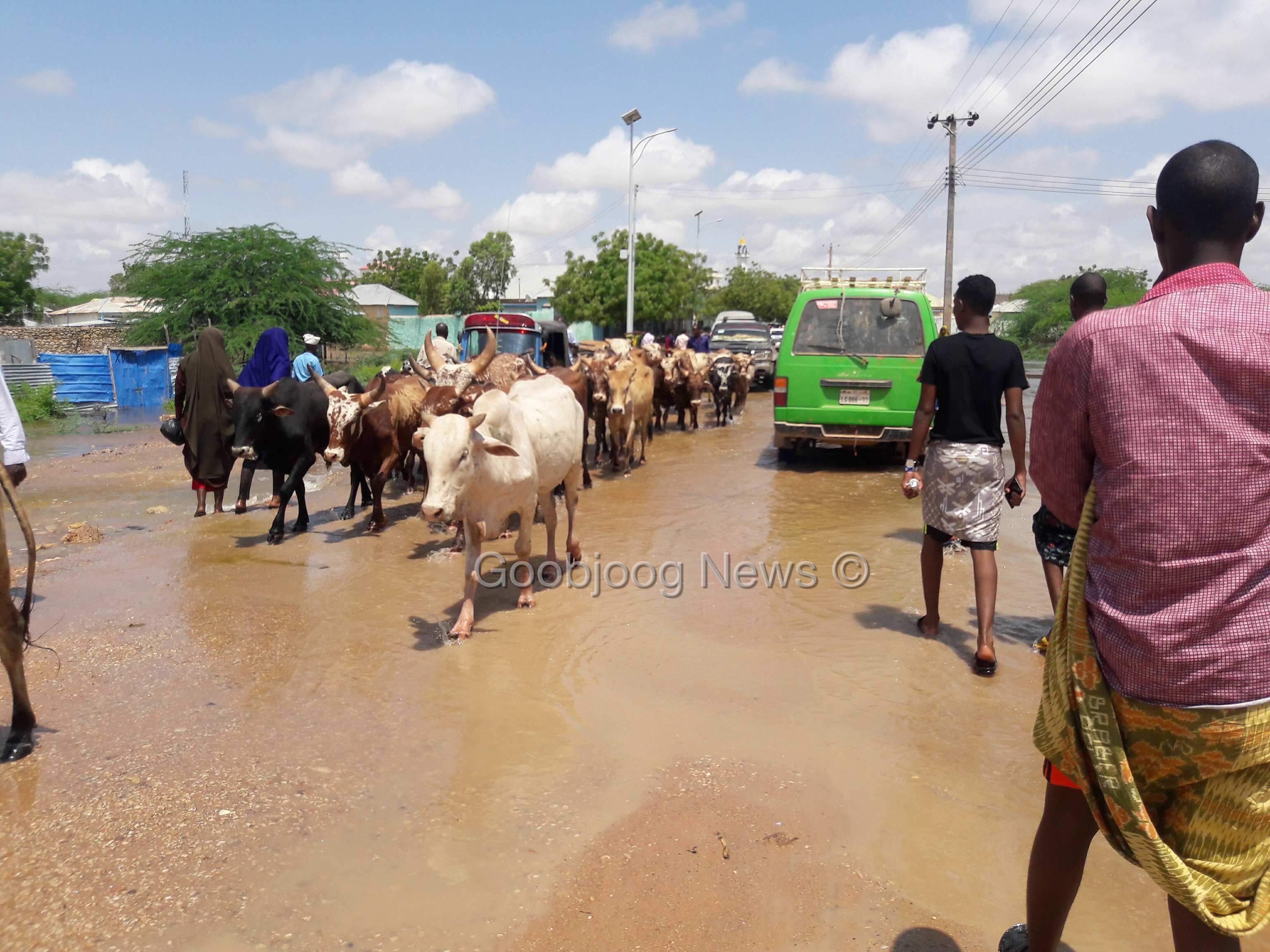World Bank doubles funding to combat climate change

By Fauxile Kibet
Poor countries will receive more funds to help them adjust to global warming, the World Bank has said.
The global body said that it will double its funding to $200 billion over the next five years as a way of reducing poverty and improving living standards of people living in poor nations across the world.
“If we don’t reduce emissions and build adaption now, we’ll have 100 million more people living in poverty by 2030. The less we address this issue proactively in just three regions – Africa, South Asia, and Latin America – we’ll have 133 million climate migrants,” John Roome a Senior Director for Climate Change at the World Bank said.
He argued that helping poorer nations adapt to a warmer environment and the weather extremes that come with it include finding new sources of fresh water, and adopting “climate smart agriculture.”
Climate change conference
The announcement by the bank comes at a time when delegates drawn from 200 countries are meeting in Poland for a two weeklong climate change conference.
Addressing the conference, U.N climate chief Patricia Espiona warned that the threat by global warming “has never been worse”.
“This year is likely to be one of the four hottest years on record. Climate change impacts have never been worse. This reality is telling us that we need to much more,” she said.
Negotiators from nearly 200 nations are in the southern Polish city of Katowice for two weeks of talks on implementing the landmark 2015 Paris Accord.
Signatories to that agreement pledged to cut greenhouse gas emissions and limit the rise in global temperatures to less than two degrees Celsius by 2030.
In November, the U.N Food and Agriculture Organization (FAO) warned that climate change was continually making it difficult to achieve “zero hunger” globally.
In its report, the global body observed that food availability was growing thinner since humans have outstripped Earth’s carrying capacity in terms of land, water and climate change.
The report by FAO and the International Food Policy Research Institute shows that close to 820 million people globally are malnourished
The report also notes that food security remains tenuous for many millions of people who lack access to affordable, adequately nourishing diets for a variety of reasons, the most common being poverty and conflict.